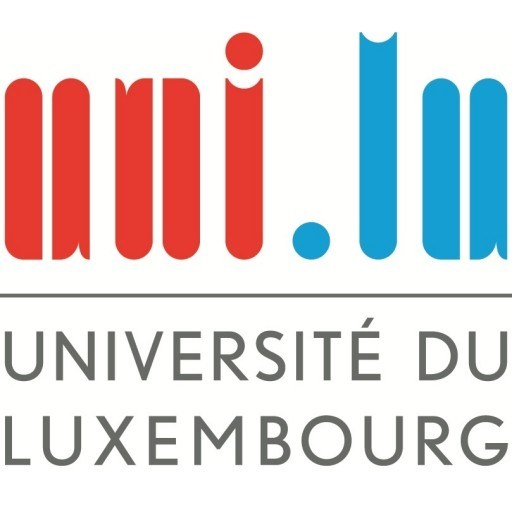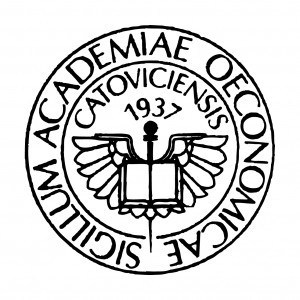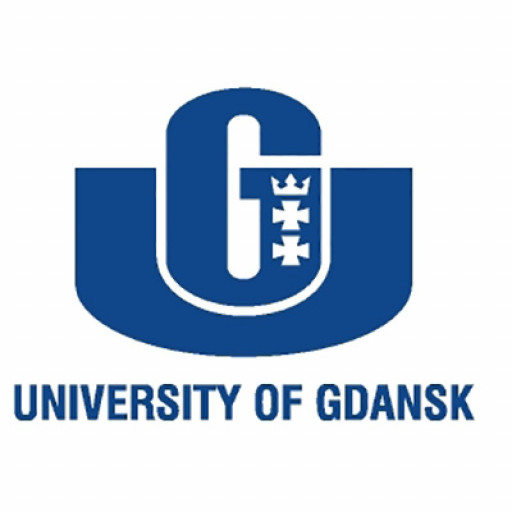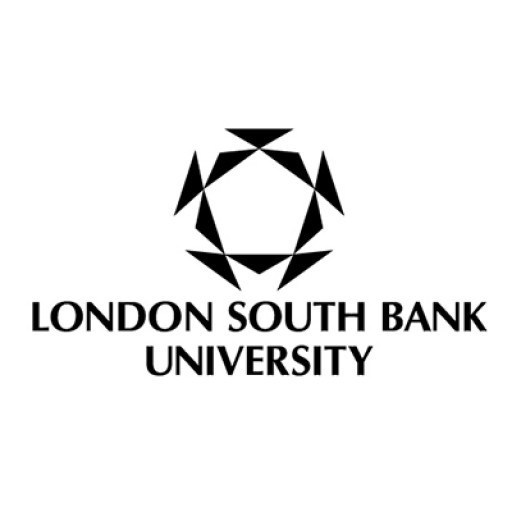Photos of university / #uni.lu
The Master in Accounting and Audit at the University of Luxembourg offers a comprehensive and rigorous curriculum designed to equip students with advanced knowledge and practical skills essential for a successful career in the fields of accounting, auditing, and financial management. This program uniquely combines theoretical foundations with hands-on application, preparing graduates to meet the complex demands of modern financial environments. Throughout the program, students engage with core topics such as financial accounting, managerial accounting, auditing standards and procedures, corporate finance, taxation, and corporate governance. The curriculum emphasizes the development of analytical thinking, ethical judgment, and strategic decision-making skills, enabling graduates to contribute effectively to their organizations and to navigate the evolving regulatory landscape.
The program benefits from the university’s strong partnerships with industry professionals and regulatory bodies, offering students opportunities for internships, practical case studies, and networking. Courses are taught by experienced academic staff and practitioners who bring real-world perspectives into the classroom. The program also integrates the use of advanced financial software and digital tools to ensure students are proficient with current technology used in the profession. Specializations or elective courses might include topics such as forensic accounting, internal auditing, financial reporting, and risk management.
Graduates of this master's program are well-prepared to pursue careers in accounting firms, auditing agencies, financial institutions, and corporate finance departments. They may also continue their education at the doctoral level or obtain professional certifications such as ACCA, CPA, or CFA. The University of Luxembourg’s Master in Accounting and Audit is committed to fostering critical thinking, precision, and integrity, ensuring that students are not only knowledgeable professionals but also ethical leaders in the financial sector. With its blend of academic rigor and practical experience, this program aims to develop highly competent professionals equipped to excel in the national and international financial markets.
The Master’s degree program in Accounting and Audit at the University of Luxembourg offers a comprehensive and rigorous curriculum designed to equip students with advanced knowledge and practical skills in the fields of financial accounting, auditing, and financial management. This program is tailored for individuals seeking to develop a deep understanding of accounting principles, statutory and internal auditing procedures, and the regulatory environment governing financial reporting. Throughout the program, students will explore core topics such as financial statement analysis, corporate governance, risk management, and the application of accounting standards in various contexts.
The curriculum integrates theoretical foundations with practical applications to ensure graduates are well-prepared for professional roles in accounting firms, auditing companies, financial institutions, and corporate finance departments. Students will engage with case studies, real-world projects, and simulations that reflect current industry practices and regulatory requirements. Special emphasis is placed on the development of analytical skills, ethical considerations in financial reporting, and the use of sophisticated accounting software tools.
In addition to technical training, the program fosters critical thinking, problem-solving, and effective communication skills essential for leadership positions in the finance sector. The program also provides specialized modules in tax accounting, forensic accounting, and internal controls, enabling students to tailor their education to specific career interests. Collaboration with industry partners and opportunities for internships are integral parts of the program, facilitating practical experience and professional networking.
The Master’s in Accounting and Audit at the University of Luxembourg prepares students for qualifications such as the CPA, ACCA, or chartered accountant status, and supports career advancement in national and international contexts. Graduates will be capable of conducting independent financial analyses, preparing detailed audit reports, and ensuring compliance with regulatory standards. The program’s multidisciplinary approach ensures graduates are versatile professionals capable of adapting to the evolving landscape of global accounting and auditing professions.
Program requirements for the MSc in Accounting and Audit at the University of Luxembourg include a strong academic background in accounting, finance, or related fields, typically requiring a relevant undergraduate degree with a minimum GPA specified by the university. Applicants must demonstrate proficiency in English, usually through standardized tests such as TOEFL or IELTS, unless they have completed previous education in English. The program also requires documentation of academic transcripts, a CV outlining relevant experience, and a motivation letter explaining the applicant’s interest in accounting and audit. Some applicants may be required to provide letters of recommendation from previous academic or professional contacts. The admission process assesses academic performance, motivation, and potential for graduate-level studies. Additionally, international students should provide proof of legal stay and meet visa requirements if applicable. There may be specific prerequisites or prerequisite courses for applicants lacking a background in accounting or finance, which can be fulfilled through preparatory courses. The university values diversity and encourages applicants from various educational backgrounds but emphasizes the importance of analytical skills, attention to detail, and ethical judgment in the field of accounting and audit. The program adheres to the university’s standards for quality and excellence, necessitating commitment and prerequisites aligned with the rigorous academic environment.
Tuition Fees and Funding Opportunities at the University of Luxembourg for the MSc in Accounting and Audit
The University of Luxembourg offers a highly regarded MSc in Accounting and Audit, designed to equip students with advanced knowledge and practical skills essential for careers in accounting, auditing, and finance. Tuition fees for this Master's program are structured to ensure accessibility for international and local students, aligning with the university's mission to promote higher education across Europe.
As of the latest academic year, full-time students pursuing this master's program are required to pay an annual tuition fee of approximately €2,000. This fee covers registration, academic resources, and access to university facilities. The university strives to maintain reasonable costs to support a diverse student body and encourage international mobility.
Financial assistance and funding opportunities are available to eligible students, including national grants, scholarships, and student loans. The Luxembourg Government offers various scholarships for students demonstrating academic excellence or financial need, which can significantly offset tuition costs. Additionally, the university collaborates with European Union funding programs and private foundations that provide scholarships specifically tailored for master's students in business and accounting fields.
Many students finance their studies through part-time employment, with the university's location in Luxembourg providing ample opportunities due to the country's vibrant financial sector. The university also provides guidance on internships and cooperative projects that can offer stipends or remuneration, easing the financial burden during studies.
International students are encouraged to explore external scholarship programs such as Erasmus+ and other European mobility grants, which support incoming students and promote student exchange. The university’s dedicated financial aid office offers personalized advice to help students identify suitable funding sources and understand application procedures.
In summary, the MSc in Accounting and Audit at the University of Luxembourg offers affordable tuition fees complemented by a variety of financial aid programs, scholarships, and external funding options. Prospective students are advised to consult the university’s official website or contact the admissions office for the most current information regarding tuition costs, scholarship opportunities, and application deadlines to effectively plan their financing strategies.
The Master in Accounting and Audit at the University of Luxembourg is a comprehensive postgraduate program designed to equip students with the advanced knowledge and skills required for professional careers in accounting, auditing, and financial management. The curriculum combines core accounting principles, auditing standards, financial reporting, and regulatory frameworks with practical skills in data analysis, information systems, and corporate governance. Students will explore contemporary issues such as international accounting standards, ethical considerations in financial reporting, and the impact of digital transformation on the accounting profession. The program emphasizes critical thinking, analytical skills, and ethical judgment to prepare graduates for roles in both national and international organizations, including accounting firms, corporations, and regulatory bodies. The Faculty of Law, Economics, and Finance provides expert instruction, often involving case studies, practical projects, and internships to enhance real-world understanding. The program duration typically spans two years and involves coursework, seminars, and a thesis component that allows students to specialize in areas such as forensic accounting, internal audit, or financial control. Graduates of the Master in Accounting and Audit at the University of Luxembourg are well-prepared for professional certification exams such as ACCA, CPA, or CISA, enhancing their employability and career advancement prospects. The university's strategic location in Luxembourg offers unique opportunities to engage with prominent financial institutions and multinational companies, enriching the academic experience through guest lectures, networking events, and industry collaborations. Students benefit from state-of-the-art facilities, a multicultural environment, and a supportive academic community focused on innovation and research. The program encourages lifelong learning and adaptability to rapid changes in the financial sector, fostering responsible professionals committed to integrity and excellence in the field of accounting and auditing.










